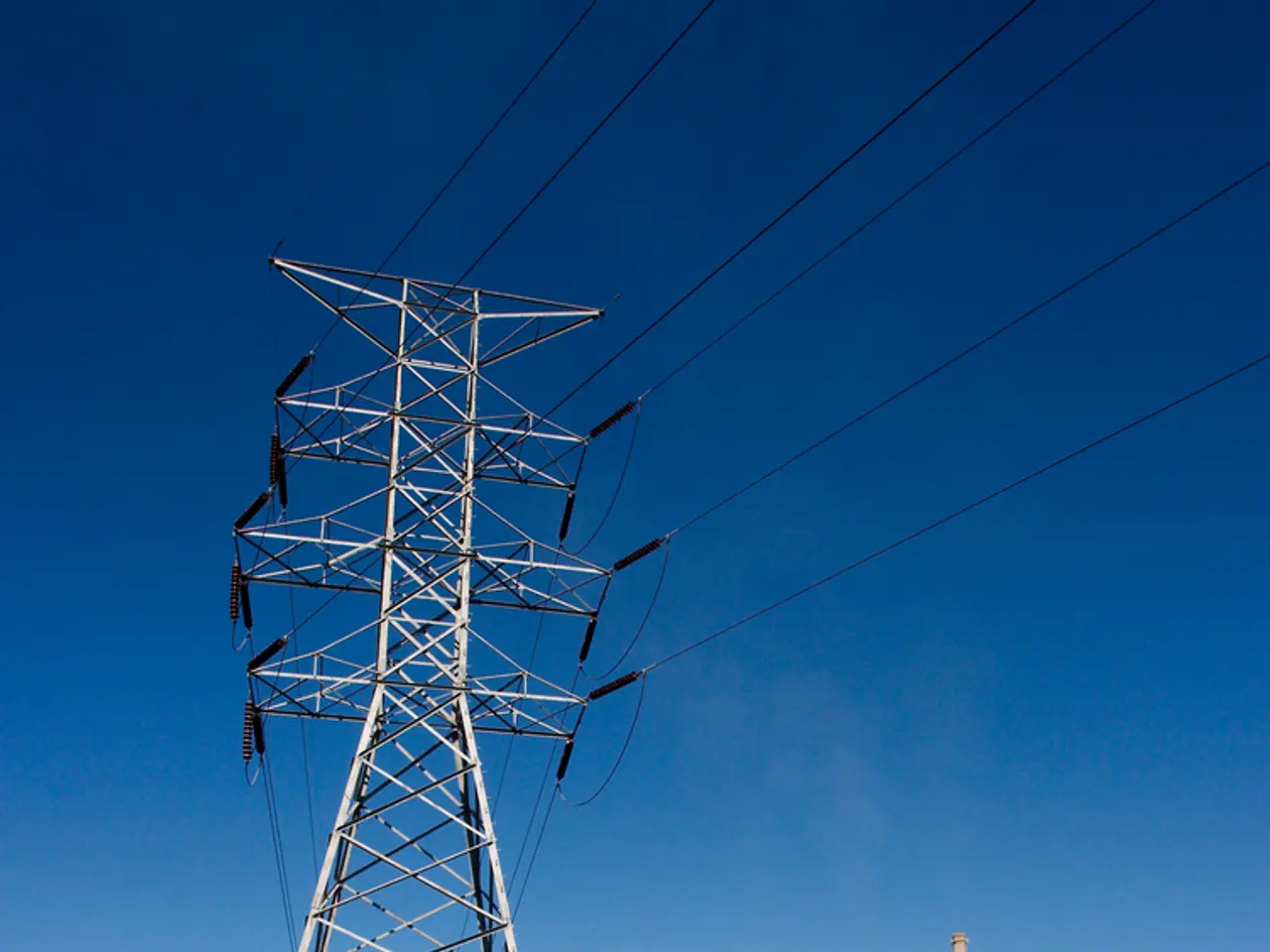Drought leads to drastic reduction in water levels at an Iraqi water reservoir.
In the scorching heat of northern Iraq, the crumbling coastline of Dukan Lake tells a tale of woes. This man-made lake, buried deep in the autonomous Kurdistan region, has been struggling for survival. The lake, created in the 1950s, is now a mere shadow of its former glory.
Dukan Lake, through its weakened walls, whispers stories of lamentation. Kochar Jamal Tawfeeq, its director, shares somber statistics, revealing that the lake's reserves stand at a mere 1.6 billion cubic meters - a stark contrast to its seven billion cubic meter capacity. That's roughly a quarter of its holding, a level not seen in approximately twenty years.
Satellite imagery, studied by AFP, paints a grim picture. The lake's surface area has shrunk by a staggering 56% since May 2019, the last time it was completely full.
Tawfeeq points an accusing finger at climate change and the lack of rainfall. He shares that the region has received only half the usual rainfall over the winter season. The winter of 2024-2025 hit the region with just 220 millimeters (8.7 inches) of rain compared to the normal 600 millimeters.
The vacant, barren slopes of Sarsian village, overlooking Dukan Lake, tell the sorrowful tale. Here, 57-year-old Hussein Khader Sheikhah struggles to sow a summer crop on a single hectare of land. His hopes rest on the typical summer crop — cucumbers, melons, chickpeas, sunflower seeds, and beans — which he plans to harvest in autumn.
The farmer admits the weather has taken a heavy toll. Over the winter, he lost his 13-hectare wheat crop due to a lack of rain. The losses amount to almost $5,700, a blow he can hardly recuperate with just a single hectare of land near the river.
The washout at Dukan Lake has left a trail of sorrow downstream, affecting nearly four million people living in the Sulaimaniyah and Kirkuk governorates. These people rely on this lake for drinking water and irrigation.
For more than a month, water treatment plants in Kirkuk have been laboring to counter a 40% decline in their water supplies due to the depleting reservoirs. Local water resource official Zaki Karim shares that the latest shortages have necessitated stricter water rationing and less frequent water distributions.
Iraq, a country wrestling with the brutal effects of climate change, faces a harsh reality. Rising temperatures, yearly droughts, and rampant desertification are only the precursors of impending disasters. The nation currently grapples with water reserves at their lowest level in 80 years.
Baghdad has voiced severe concerns about dams being built upstream on the Little Zab River by Iran and Turkey. These dams, according to Iraq, are causing a significant decrease in water flow into their country via the Tigris and Euphrates rivers.
In conclusion, the dwindling waters of Dukan Lake echo the plight of the region, debilitated by the ruthless clutches of climate change, drought, and upstream damming. The consequences are a deepening water crisis, environmental devastation, and socio-economic challenges for millions who depend on this vital lake.
- The director of Dukan Lake, Kochar Jamal Tawfeeq, attributes the lake's depletion to climate change and the lack of rainfall, citing a drastic decrease in rainfall in the winter season.
- The decline in Dukan Lake's water level has far-reaching consequences, affecting millions of people living in the Sulaimaniyah and Kirkuk governorates who rely on the lake for drinking water and irrigation.
- Climate change and upstream damming by Iran and Turkey are causing significant water shortages in Iraq, exacerbating the country's struggle with a water crisis, environmental degradation, and socio-economic challenges.
- The struggle of Dukan Lake serves as a microcosm for the broader issue of climate change, especially in light of climate-change-induced events such as droughts and water crises, which are becoming increasingly prevalent in environmental-science discussions, general news, politics, and even lifestyle sections, including food-and-drink considerations.






